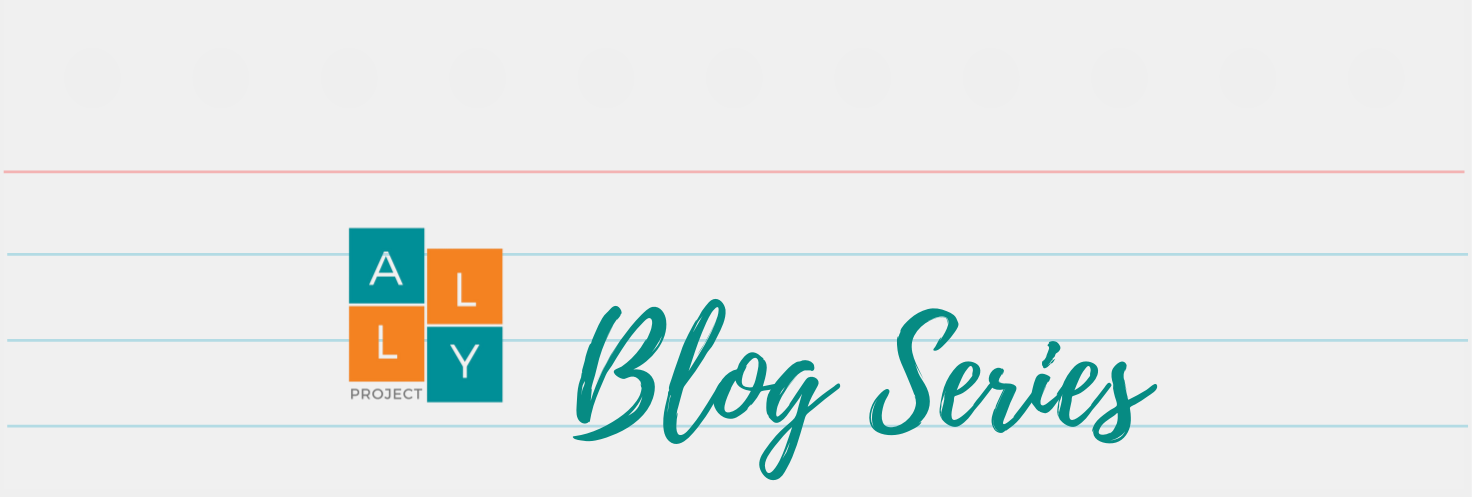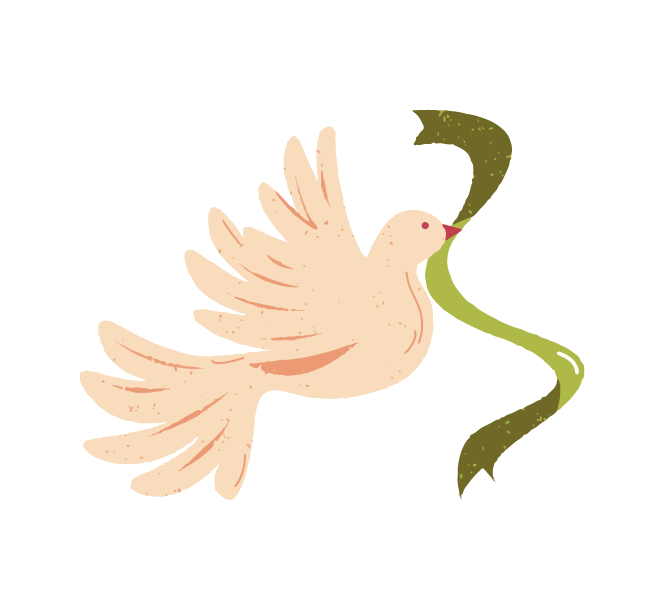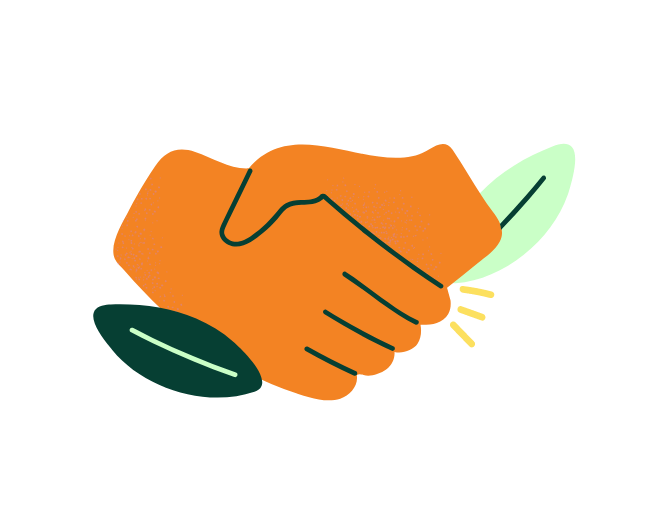
Exploring peacebuilding – from Pakistan to South Asia
By Shafaq Sarfraz – ALLY young researcher from Pakistan, part of the Amplifying Leadership of Local Youth in Preventing Violent Extremism in South Asia program
When you know what the absence of peace is, I think you really understand why it is essential to build it.
I have always wondered why people think that my simple wishes of a peaceful life are weird, why the society becomes so complex when the people around me just want to live a happy and joyful life. My curiosity has led me to increasingly explore society and its people. Then, the COVID-19 pandemic hit, which disrupted the course of our lives. At that moment, the ALLY program proved a blessing in disguise. In August 2020, I joined a team of seven other young researchers from Bangladesh, India, and Sri Lanka. I was very motivated and excited to gain firsthand knowledge about other South Asian societies. I had the opportunity to learn about the common elements and shared values among our countries, and even among different religions.
Demystify theory, remystify practices.
The two-week training sessions on youth-led research were a wonderful and rich experience. I explored the connections between the theoretical and practical approaches of peacebuilding and how they can be good elements of reflections and learning for individuals and communities. The overarching theme is learning before, during, and after the implementation of peacebuilding programs. It helped me to understand my own society in a way that I am now able to support in building peace and working intentionally towards creating significant impact through reflective practices. As I am working on introducing nonviolent communication (NVC) skills to prevent violent extremism in Pakistan, the idea of reflective practices gave me new insights for my NVC program for indigenous communities.



Knowledge sharing is key to success.
During this program, my perception of indigenous people radically changed, while listening to young peacebuilders from different areas, exploring their innovative approaches, their hopes, and also challenges. Those exchanges gave me new insights. At the same time, I really experienced new feelings of compassion while listening to young peacebuilders coming from different countries, sharing the same passion and urge for peaceful living and growth that we have as human beings.
When you are doing what you are passionate about, it truly doesn’t feel like work.
Throughout my eight-month journey, I have been inspired by this group of young researchers from South Asia. These young peacebuilders are working to transform the conflicts and violence affecting their communities; they do it while facing discrimination, inequality, silencing, and even violence. I am excited to see how they grow and move towards more peaceful and inclusive societies while leaving their footprints for others to pursue their endeavors. This whole experience has opened me to new professional horizons and broadened my vision for sustainable peace.
Peace comes from being able to contribute the best that we have, and all that we are, toward creating a world that supports everyone. But it is also securing the space for others to contribute the best that they have and all that they are.
~ Hufsat Abiola
Shafaq Sarfraz is from Pakistan and her core areas are youth development and peacebuilding. She is leading SEHAR (Society for Empowerment Harmony Awareness and Research) that works with a vision of “empowered youth for a peaceful and inclusive society.” She is an optimistic, peace lover and a helping person, who couldn’t accept all discrimination and extremism in society as her destiny.
